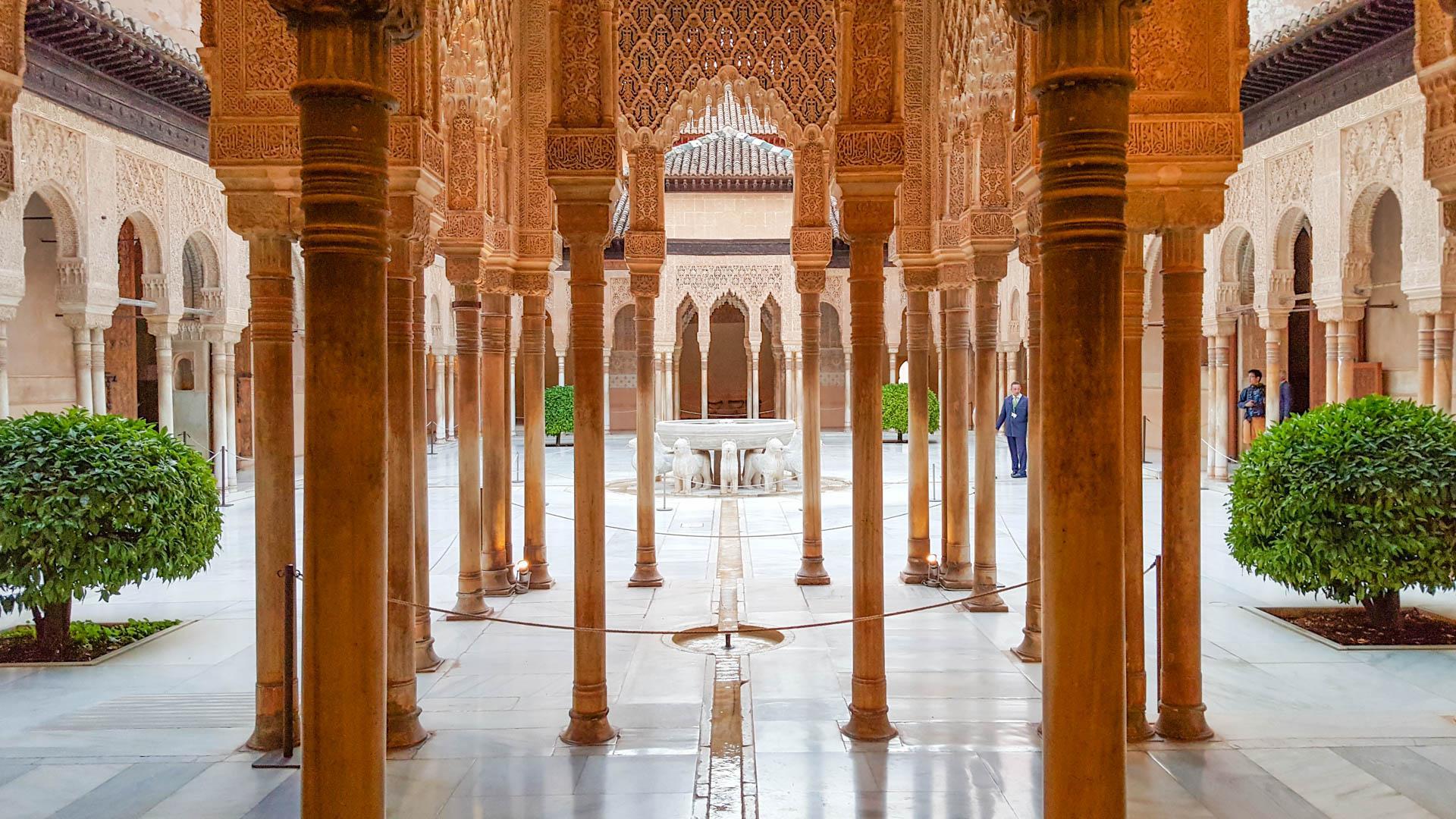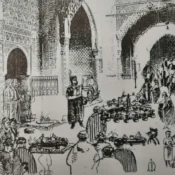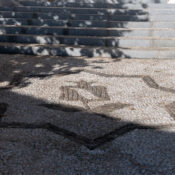Al Andalus Poetry, cultural heritage

Al Andalus Poetry, cultural heritage
During school, both in middle school and high school, in language and literature classes, we always study the great authors of the Golden Age, the Generation of '27, etc. But very rarely, if ever, do we study Andalusi authors. Today, in this post, we want to bring you a little closer to that part of our culture that, unfortunately, goes largely unnoticed.
Andalusian poetry, in general, inherited many characteristics from Arabic poetry. Specifically, it was inspired by the poetry of the courts of Baghdad and Damascus.
Generally speaking, Andalusian poetry speaks of love, nature, and wine (not only in terms of exaltation of refined living, but also as a mystical experience), and many panegyric poems (dedicated to kings and nobles) can also be found. In fact, many poets, both men and women, were part of the Andalusian courts, always living under the protection of royalty and nobility, since in Al-Andalus poetry was used as a tool of prestige, not only cultural but also political.
As for the style of the poems, they typically used very carefully crafted (and sometimes redundant) language, with a special emphasis on musicality. The use of metaphors, wordplay, and comparisons is very common. Although we won't discuss metrical techniques in detail, it is worth mentioning that one of the best-known poetic constructions is the qasida, which originated among pre-Islamic peoples. It is characterized by its length (with more than 50 verses). In addition to this, two other very interesting metrics are the zejel and the moaxaja. The zéjel is characterized by its colloquial language (using aa-bbba, aa-ccca, aa-dda), and the moaxaja used short verses, rhymes that changed in each stanza, and the blending of two languages (Hebrew, Romance, Arabic, etc.).
We already talked about Hafsa in a previous article, but there are many more: Wallada, Lubna of Córdoba, Ibn al-Yayyab, Ibn Jatima... Andalusian poetry was so influential that we find the zejel in the poetry of Lope de Vega (in his book El villano en su rincón, which you can listen to by clicking here), in songbooks (Lamma bada yatathanna), etc.
*Frame taken from the film The Builders of the Alhambra.
All categories
- Arquitectura islámica
- Arte y decoración en la Alhambra
- Visitors Tips
- Cultura andalusí
- Granadian Sayings
- Folklore
- Granadian Cuisine
- Granada
- Granadian Province
- Alhambra History
- Distinguished Granadians
- Useful information
- Granadian Literature
- Granadian Literature
- Magic, legends and mystery
- Granadian Miscellany
- Granadian Nostalgia
- Granadian Traditions
- Granadian Traditions
- Guided tours
Latest posts




